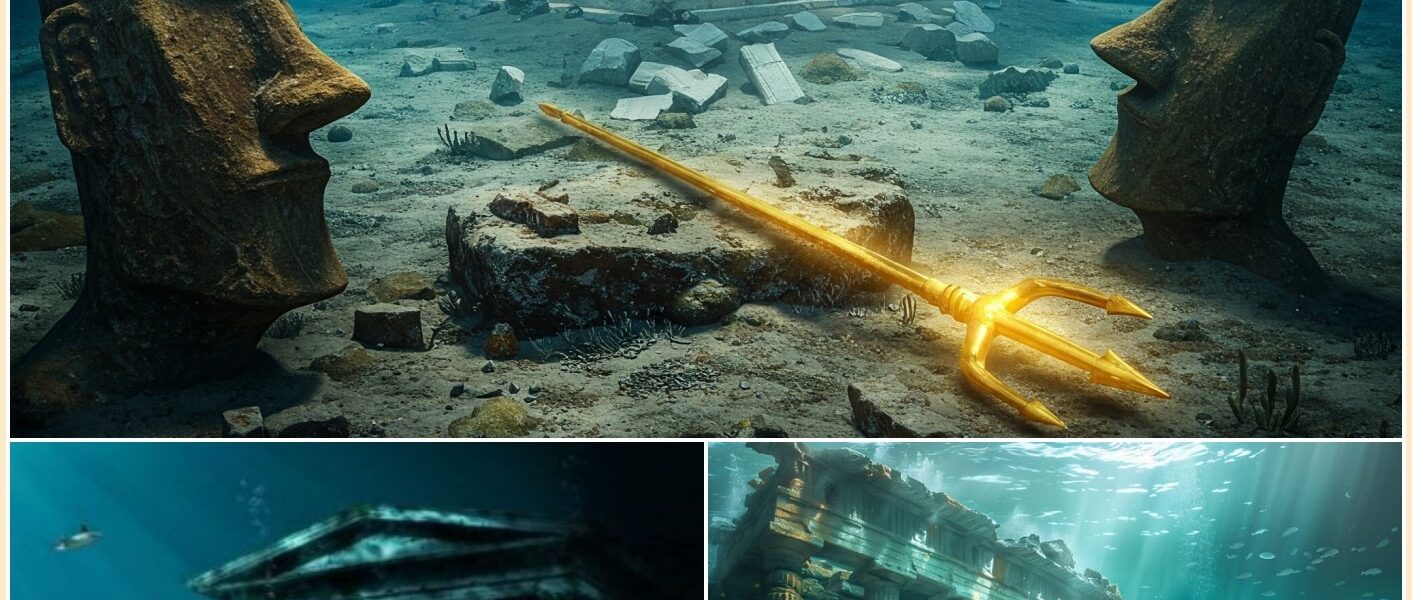The continent of Mu, often associated with the legendary Atlantis, is one of the great mysteries of history and mythology. Less well-known than its Atlantean counterpart, Mu is described as a vast continent in the Pacific Ocean, inhabited by an advanced civilization that mysteriously disappeared thousands of years ago. But how much truth is there in this story? What is the relationship between Egyptian civilization and Plato’s stories?

According to some theories, the Mu myth may have its roots in ancient Egypt. The priests of the city of Sais, who provided Plato with information about Atlantis, called the Egyptians “some people.” This name aroused the curiosity of researchers: what if Plato, having obtained ancient documents, misinterpreted the name “the people of Mu” as “the people of Ma”? Could there have been a copying or interpretation error? If so, the myth of Atlantis and the myth of Mu may be more deeply connected than we think.

In his dialogue Timaeus , Plato describes Atlantis as a powerful civilization that disappeared in a day and a night due to a catastrophe. But what if Atlantis was Mu? What if the Egyptian priests spoke of a lost continent in the Pacific Ocean instead of the Atlantic Ocean? This hypothesis opens the door to a number of interesting questions: How much of the story of Mu is absorbed into the myth of Atlantis? Why do these two lost civilizations seem to share so many characteristics?

Although the myth of Mu is often relegated to the realm of pseudohistory, modern science offers some intriguing evidence. About 7,000 years ago, during the last ice age, sea levels began to rise rapidly due to melting ice. This phenomenon caused vast areas of land to sink, including the Sunda Continent, an area that included parts of present-day Indonesia, Malaysia and Borneo.
The continent of Mu, often associated with this myth, was a fertile and densely populated region inhabited by ancient civilizations that were forced to migrate due to rising sea levels. Geological studies confirm that this region witnessed radical climate change, with sea levels rising by more than 120 meters in a few thousand years. It is possible that this catastrophic event is the basis for the legends about the lost continent in the Pacific Ocean.
But is Southeast Asia really the real Mu? If so, what is its relationship with Egyptian civilization and Plato’s stories? Is it possible that the priests of Sais preserved memories of this ancient catastrophe and passed them down through the centuries? And why does the name “Mu” appear in so many ancient cultures, from the Mayans to the inhabitants of Easter Island?




